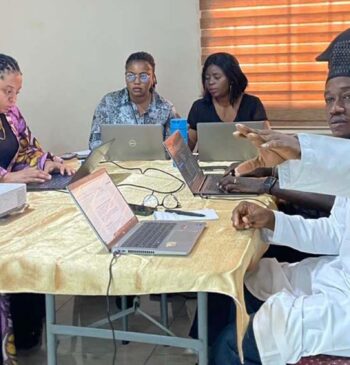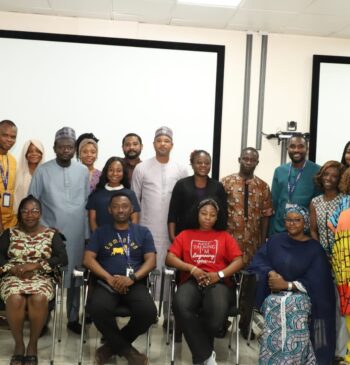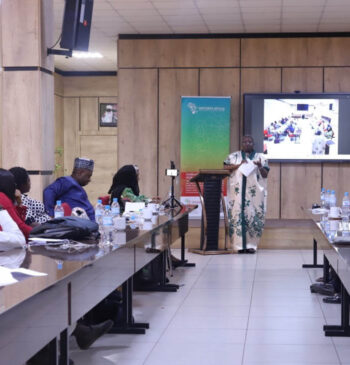
On the 13th of September 2024 the 79th United Nations General Assembly (UNGA79) Science Summit brought together global health and climate experts to explore cutting edge solutions to the growing health impacts of climate change, particularly in resource-constrained settings. The session, titled “Exploring Novel Solutions for Tracking and Adapting to the Health Impacts of Climate Change in Resource-Constrained Settings”, was facilitated by Dr Michelle Skelton the Principal Investigator of the DS-I Africa coordinating centre and moderated by Dr Chewe Luo, a former senior UNICEF official, concluding with a panel discussion chaired by the contact Principal Investigator of INFORM Africa Research Hub, Professor Alash’le Abimiku.
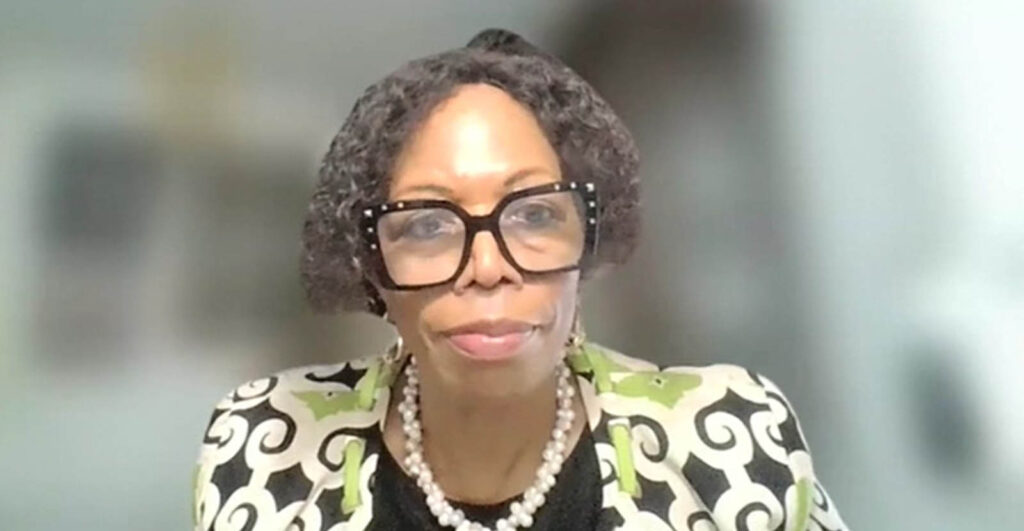
Dr Luo kicked off the session with a compelling address, highlighting the increasingly dire consequences of climate change on global health. “Climate change is no longer an abstract concern; it’s a reality, and it’s hitting the most vulnerable populations the hardest. Pregnant women, children, and those in low-resource settings are facing unprecedented challenges,” she emphasised. Dr. Luo urged immediate, coordinated international action to avert a public health catastrophe and build resilience against further climate-driven health impacts.
Key Speaker Contributions: Health, Data, and Climate Financing
One of the key speakers Dr Tatenda Makanga of the Centre for Sexual Health and HIV/AIDS Research (CeSHHAR) Zimbabwe, spotlighted the effects of climate change on pregnant women and children. Referencing findings from the HE2AT Centre and CHEAQI-MNCH projects. “We need urgent, evidence-based interventions to protect maternal, newborn, and child health from climate-induced threats,” stated Dr Makanga. Dr Nicholas Brink from the HE2AT Center and Wits Planetary Health Research (Wits PHR) added to this narrative, highlighting the need for comprehensive impact assessments and health indicators tailored to monitor climate-related health outcomes. He further outlined innovative data science approaches being developed to help high-risk regions monitor health outcomes in real-time.
Andrew Storey of the Clinton Health Access Initiative (CHAI) discussed the critical role of climate financing and the urgent need for integration within existing health systems. Storey presented Uganda’s Health-National Adaptation Plan (H-NAP) as a case study for how countries can integrate climate resilience into health strategies.
Panel Discussion: Collaboration and Scaling Solutions
During the plenary session, Panelists Anayda Portela (WHO), Ijeoma Solarin (Wits PHR), Dr Brad Newsome (NIH officer for INFORM Africa), and Dr Chenfeng Xiong the PI of INFORM Africa project 2, examined how interdisciplinary collaboration, enhanced funding, and government leadership are key to implementing these innovative solutions being considered. Prof. Abimiku emphasised the need to build a framework for resilience in vulnerable communities while considering innovative interventions.
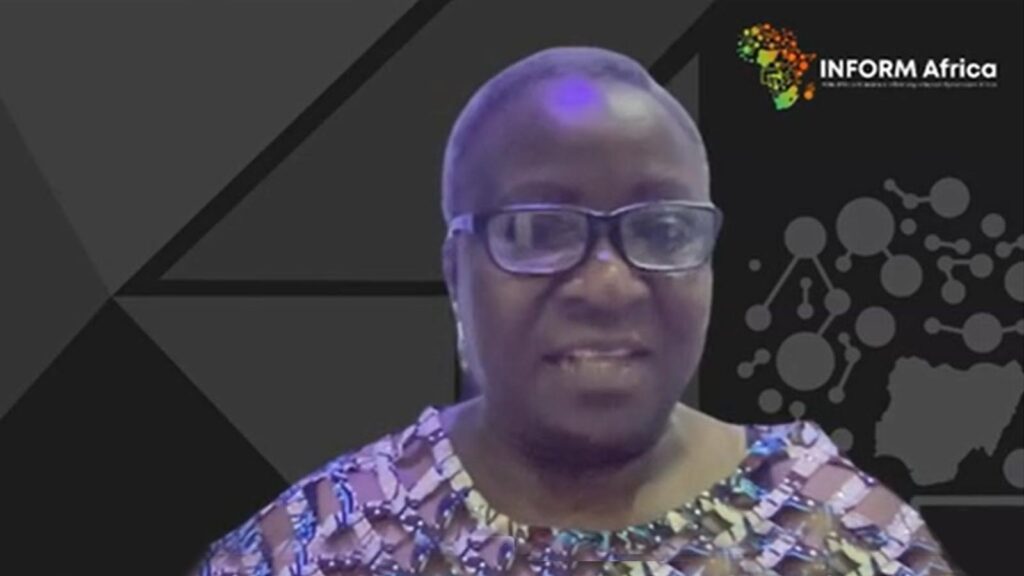

Conclusion: The Need for Global Coordination
The session at UNGA79 underscored the urgent need for global co-operation in tracking and adapting to the health impacts of climate change. It emphasised data-driven solutions, the importance of financing adaptation, and the need for strong partnerships between governments, researchers, and international organisations.
The session was part of the UNGA79 Science Summit, which brings together world leaders, scientists, and policymakers to explore science-based solutions for the world’s most pressing challenges.
For more information, visit www.dsiafrica.org
